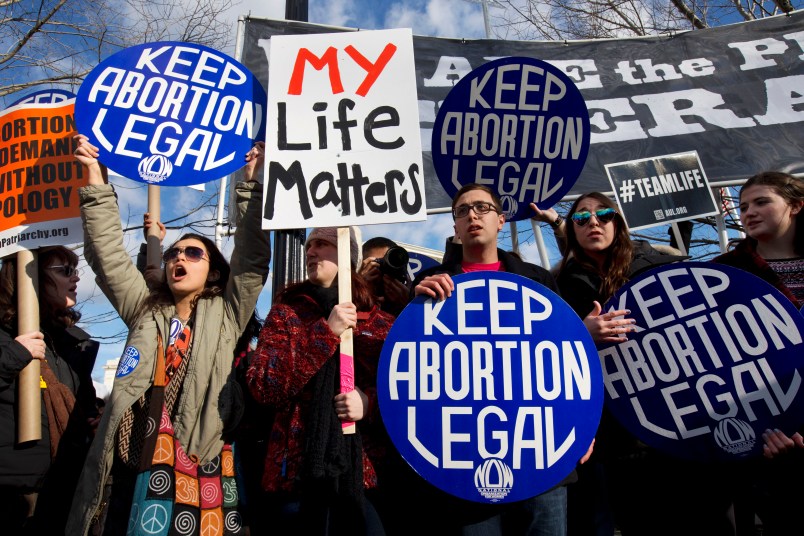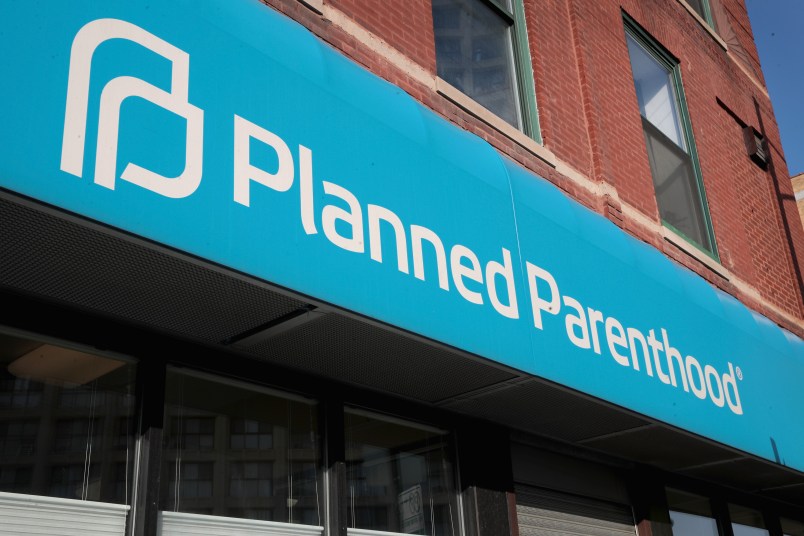The Supreme Court scheduled oral arguments for a major case that could drastically affect abortion access in the United States. The court will hear Whole Woman’s Health v. Cole (formerly known as Whole Woman’s Health v. Lakey) on March 2 next year, according to the court’s calendar posted on SCOTUSblog.
The case concerns a set of requirements imposed on abortion clinics in Texas by the state legislature in a law passed in 2013. Anti-abortion activists say the clinic requirements are necessary to protect women’s health, while abortion rights supporters argue that, considering how safe the procedure is, they are merely a thinly-veiled effort to cut off access to abortion.
The law requires that Texas abortion clinics meet the standards of ambulatory surgical centers—in effect making them mini-hospitals—and that providers have special certification known as “admitting privileges” at local hospitals.
As the law went into effect, the number of clinics in the state shrank from 46 in 2011 to less than two dozen now. More still would have shuttered had the Supreme Court not partially stayed some of the Texas law.
Other states have passed similar laws across the country and the courts have disagreed as to whether they are constitutional under Roe v. Wade and other Supreme Court court decisions since concerning abortion. While the conservative U.S. Court of Appeals for the Fifth Circuit has mostly upheld Texas’ law, other courts have struck down similar requirements elsewhere.
The case gives the Supreme Court a chance to clarify how broad a state’s “interest” is in restricting abortion when weighed against the “undue burden” restrictions place on a woman’s right to the procedure, according to the vague terms laid out in the 1992 decision Planned Parenthood v. Casey.
With a decision likely coming by the end of the term next summer, Whole Woman’s Health v. Cole will also keep abortion—which has already been dominating national headlines after the release of anti-abortion “sting” videos targeting Planned Parenthood—at the forefront of the 2016 campaign.







